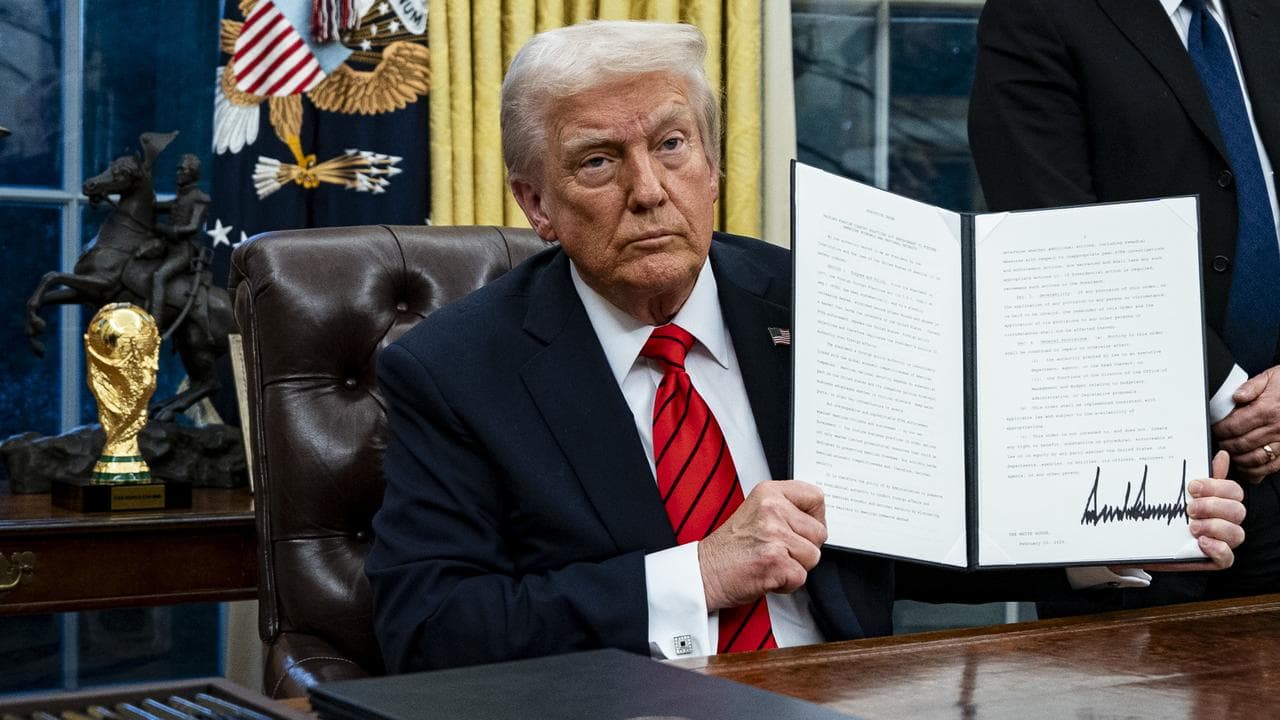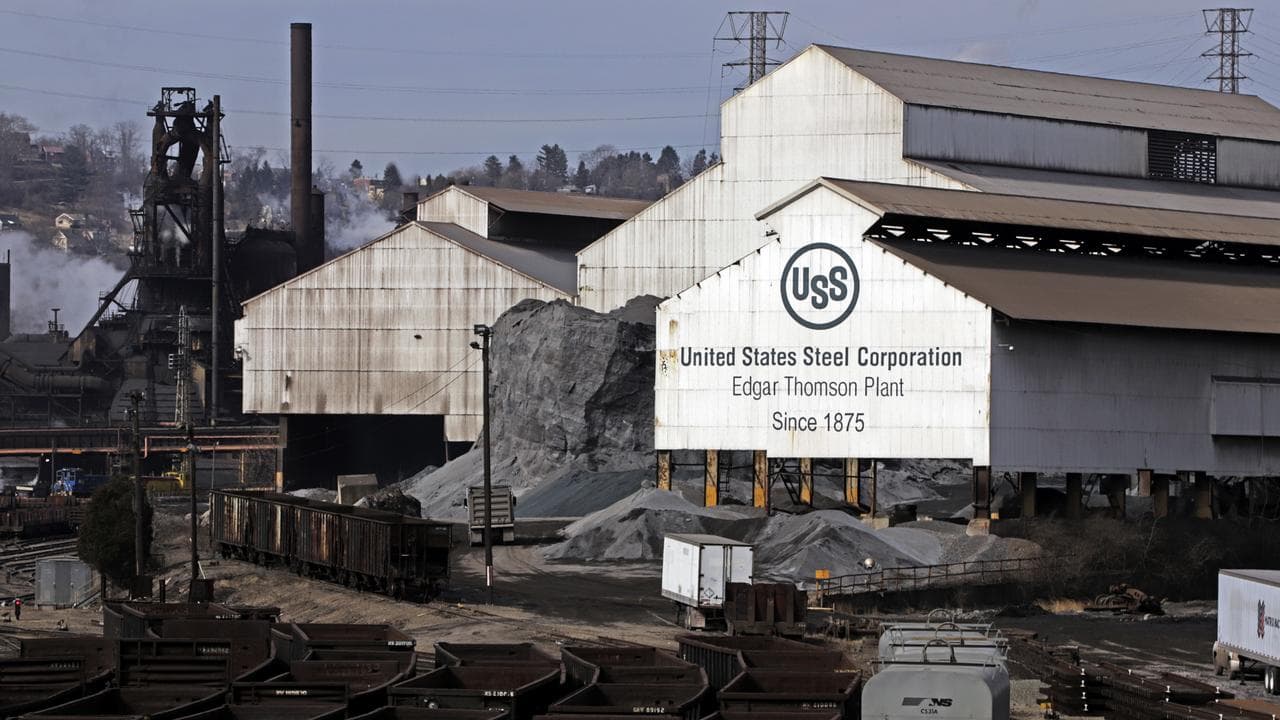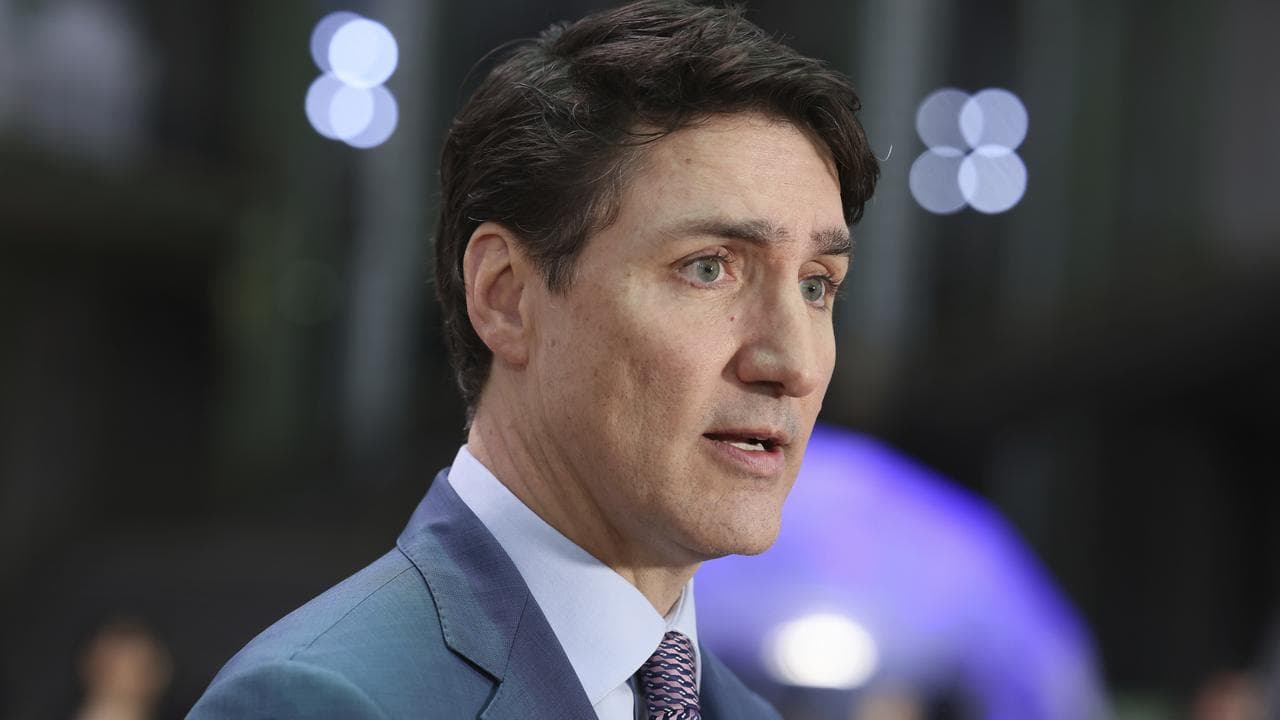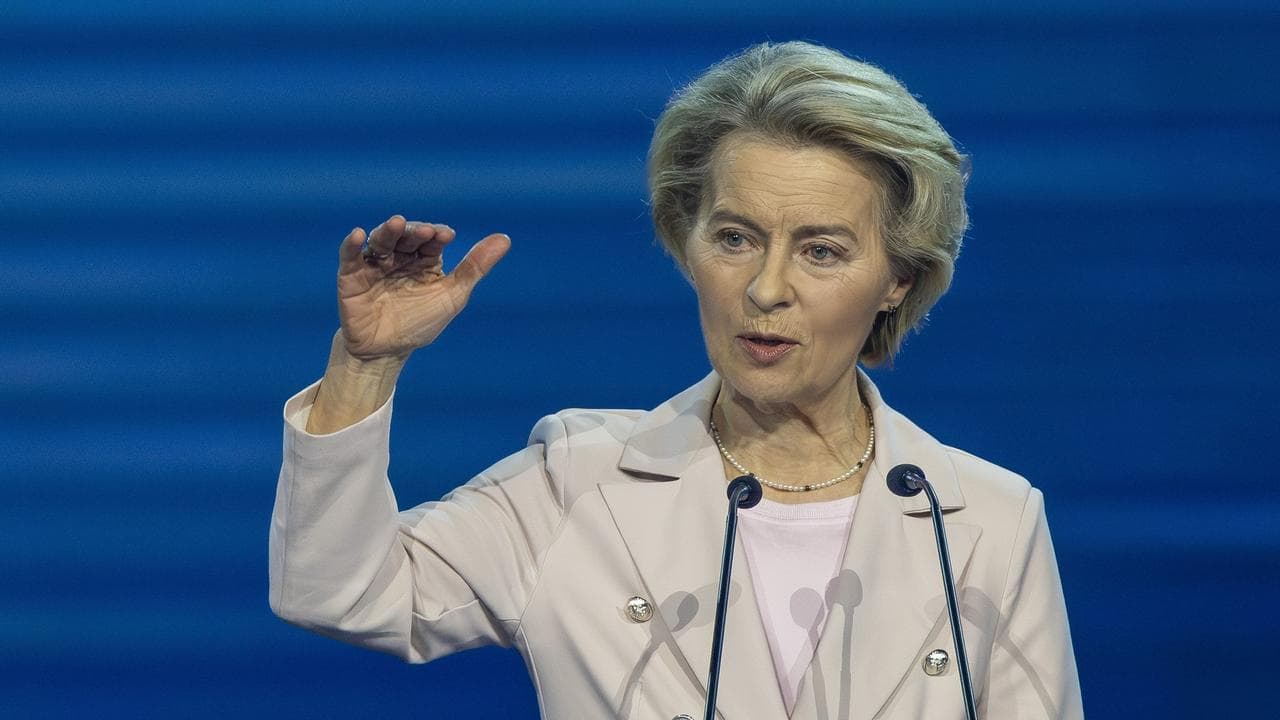
US President Donald Trump has substantially raised tariffs on steel and aluminium imports to a flat 25 per cent "without exceptions or exemptions" in a move to aid the struggling industries but which increases the risk of a multi-front trade war.
A White House official confirmed that the measures would take effect on March 4.
The tariff rate will rise back to 25 per cent on millions of tons of steel and aluminium imports from Canada, Brazil, Mexico, South Korea and other countries that had been entering the US duty free under carve-outs.
The move will simplify tariffs on the metals "so that everyone can understand exactly what it means," Trump told reporters.
"It's 25 per cent without exceptions or exemptions. That's all countries, no matter where it comes from, all countries."
Earlier, Australian prime minister Anthony Albanese said the US president was considering an exemption for Australian steel and aluminium products following a phone call between the two leaders on Tuesday morning Australian time.

Later, Trump confirmed the Australian request was under consideration, telling reporters in the Oval office that the trade surplus with Australia was one reason he was considering a tariff exemption.
"We actually have a surplus," Trump said.
“It’s one of the only countries which we do. And I told (the prime minister) that that’s something that we’ll give great consideration to.”
Trump also will impose a new North American standard requiring steel imports to be "melted and poured" and aluminium to be "smelted and cast" within the region to curb US imports of minimally processed Chinese and Russian metals.
The order also extends the tariffs to downstream products that use foreign-made steel, including fabricated structural steel, aluminium extrusions and steel strand for pre-stressed concrete, a White House official said.
As he signed the order at the White House, Trump said he would follow Monday's action with announcements about reciprocal tariffs on all countries that impose duties on US goods over the next two days, and said he was also looking at tariffs on cars, semiconductor chips and pharmaceuticals.
Asked about threats of retaliation by other countries against his new tariffs, Trump said: "I don't mind."
Trump's trade adviser Peter Navarro said the latest measures would help US steel and aluminium producers and shore up America's economic and national security.
"The steel and aluminium tariffs 2.0 will put an end to foreign dumping, boost domestic production and secure our steel and aluminium industries as the backbone and pillar industries of America's economic and national security," he told reporters.
"This isn't just about trade. It's about ensuring that America never has to rely on foreign nations for critical industries like steel and aluminium."
Trump first targeted steel and aluminium for tariffs in 2018. He later granted several countries exemptions, including Canada, Mexico and Australia, and struck duty-free quota deals for Brazil, South Korea and Argentina based on pre-tariff volumes.
The largest sources of US steel imports are Canada, Brazil and Mexico, followed by South Korea and Vietnam, according to government and industry data.

Canada accounted for 79 per cent of US primary aluminium imports in the first 11 months of 2024.
Prime Minister Justin Trudeau said on Tuesday that Canada would seek to highlight the negative impact of the steel and aluminium tariffs and that - if needed - the response from Canada would be firm and clear.
"Canadians will stand up strongly and firmly if we need to," Trudeau said at the sidelines of the Paris AI summit.
European Union chief Ursula von der Leyen vowed the tariffs “will not go unanswered,” adding that they will trigger tough countermeasures from the 27-nation bloc.

“The EU will act to safeguard its economic interests,” von der Leyen said in a statement.
“Tariffs are taxes - bad for business, worse for consumers,” she said. “Unjustified tariffs on the EU will not go unanswered - they will trigger firm and proportionate countermeasures.”
In Germany, home to the EU's largest economy, Chancellor Olaf Scholz told parliament that “if the US leaves us no other choice, then the European Union will react united,” adding that "ultimately, trade wars always cost both sides prosperity.”
with AP and DPA




